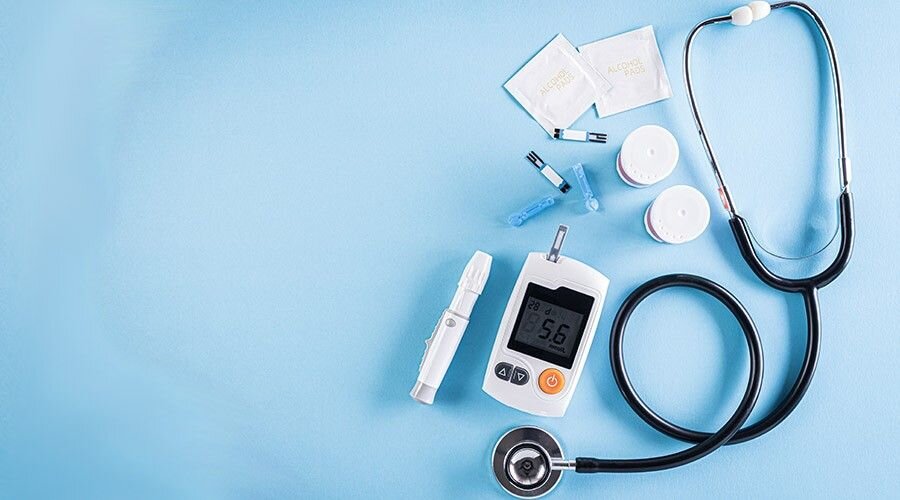Healthcare centers to be expanded in deprived areas

TEHRAN – The health ministry has embarked on expanding medical centers and enhancing healthcare services in underprivileged areas in the current Iranian calendar year that started on March 20.
Boosting local manufacturing of health and medical products, offering free healthcare for children under 7 years of age, and conducting screening tests for children are the three key objectives of the health ministry this year, ISNA quoted Health Minister Bahram Einollahi as saying.
Health promotion program
The international congress on family health was held in Tehran on March 5-6 to publicize the important role of family health in society.
Paying special attention to family health for turning primary health care into universal health care (PHC for UHC through family health) was the theme of the two-day event.
The event which Health ministers from Qatar, Kenya, Saudi Arabia, Kazakhstan, Oman, Brazil, Pakistan, Egypt, Syria, Cuba, Tajikistan, India, Uzbekistan, Lebanon, Tunisia, Libya, Iraq, Kuwait, and Afghanistan were invited to take part in the conference.
The event aimed to promote the Family Health Program, an initiative launched in 2005 to provide easy and round-the-clock access to basic services and primary care for all in the country.
The conference highlighted Family Health Program and Integration of Education and Health Systems, Family Health Program and strengthening Primary Health Care, Family Health Program and Social Determinants of Health, Family Health Program and Community Engagement, and Family Health Program and Electronic Health.
Einollahi said the program enhances the PHC system through the delivery of integrated care. The relationship between PHC and the Family Health Program is mutually supportive.
PHC establishes the overarching framework for delivering essential healthcare services, with this program serving as an integral component of PHC.
National health campaigns
“Nowadays, health is one of the most essential human needs. Before the coronavirus pandemic, people may not have realized its importance, but this disease showed us how precious health is,” Einollahi said at a ceremony to unveil the Campaign.
“Maybe everyone thinks that our job is treatment, but it is not true. Our main duty is to prevent diseases and promote health,” he added.
Emphasizing the importance of improving health literacy, Einollahi said, “The level of literacy in the society has increased, and we expect this level to improve in the field of health as well.
Also, we hope to manage having an electronic health file for every Iranian with their national identification code to record the history of illnesses in their family, their lifestyle, etc. so that their diseases and their reasons can be traced easily.”
The first phase of the campaign started in November 2023. Aiming to reduce deaths caused by non-communicable diseases, the campaign with the theme of "earlier awareness, better care" ended on January 20.
The main objective of the campaign was to provide free health care for diabetic and hypertensive patients in the framework of the family physician program and to create an electronic health file for patients.
Since diabetes and high blood pressure as the main causes of non-communicable diseases and are directly affected by one’s diet, the second phase of the national health campaign focuses on healthy diets.
A total of 45,556,830 people, 72 percent of the target population, took part in the first phase of the national health campaign aiming to be screened for high blood pressure and diabetes, Fars news agency quoted Farshid Hosseini, an official with the ministry of health, as saying.
Out of the screened people, 22 percent that is 10 million were identified with probable hypertension, he added.
These people do not need to take medicine; they can simply prevent high blood pressure and its severe consequences by observing and improving their diet, reducing salt consumption, and working out, Hosseini added.
He went on to say that people diagnosed with high blood pressure and diabetes in this survey are 10 years and 5 years younger respectively than those in the past.
The identified patients will be checked every month or every three months by healthcare workers and doctors. Within the first 3 to 6 weeks, their treatment is non-pharmaceutical, then medicines will be prescribed if needed, Hosseini added.
Part of the second phase of the national campaign would provide nutritional counseling to patients identified in the national health campaign with (probable) diabetes and high blood pressure, and the other part focuses on training in a healthy diet, such as avoiding the consumption of fatty, salty, sweet, and fast.
Salt was the subject of the first week of the campaign, from January 21 to 27, with the theme of ‘Everyone’s choice: little but refined iodized salt’.
Dairy was the subject and theme of the second week, from January 28 to February 4, with the theme of ‘From childhood to old age, consume healthy dairy products.’
MT/MG
